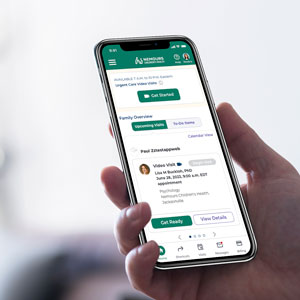Escobar Syndrome
Gene: CHRNG
Protein: acetylcholine receptor subunit gamma
Clinical Characteristics
- Decreased fetal movement
- Joint contractures
- Multiple pterygium (webbing) of neck, elbows, knees, axillae
- Respiratory distress
- Cleft palate
- Cryptorchidism
- Scoliosis
- Short stature
- Characteristic facial features:
- Ptosis, epicanthal folds, and downslanting palpebral fissures
- Low-set ears
- Micrognathia with downturning corners of mouth
- Long philtrum
- Decreased facial expression
- Lethal multiple pterygium syndrome is a more severe presentation:
- Pterygia can also be present at ankles, inner thighs and chin to sternum
- Most are stillborn or die in the neonatal period due to pulmonary hypoplasia
- Intrauterine growth retardation
- Cystic hygroma and hydrops
- Cardiac hypoplasia
- Generalized amyoplasia
Inheritance pattern: Autosomal recessive
What Can Be Learned From This Test
Testing is performed by sequencing the entire coding region and the surrounding intronic regions of the CHRNG gene. This will detect point mutations, small deletions and small insertions. It will not detect a partial or whole gene deletion or duplication.
CHRNG is the only gene known to be associated with Escobar syndrome. Lethal multiple pterygium syndrome has been associated with CHRNG mutations, as well as mutations in the related genes, CHRNA1 and CHRND.
Sample Requirements
Draw 2ml–4ml of blood in EDTA/purple-top tube (minimum of 1ml–2ml for infants).
Turnaround time: 10-14 business days
CPT Codes and Cost
Full Gene Sequencing
- Code: 81479
- Cost: $700
Known Variant Testing
- Code: 81479
- Cost: $225

